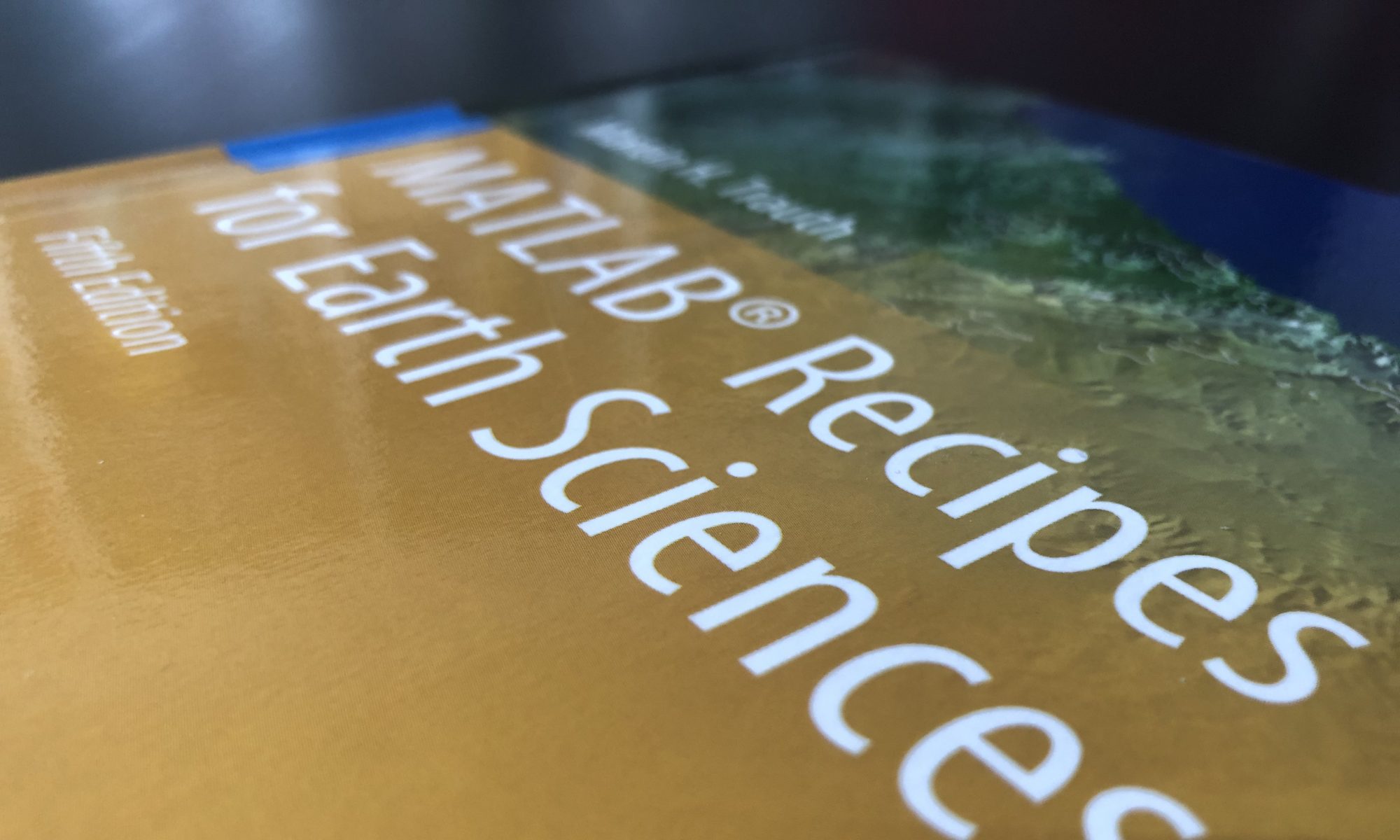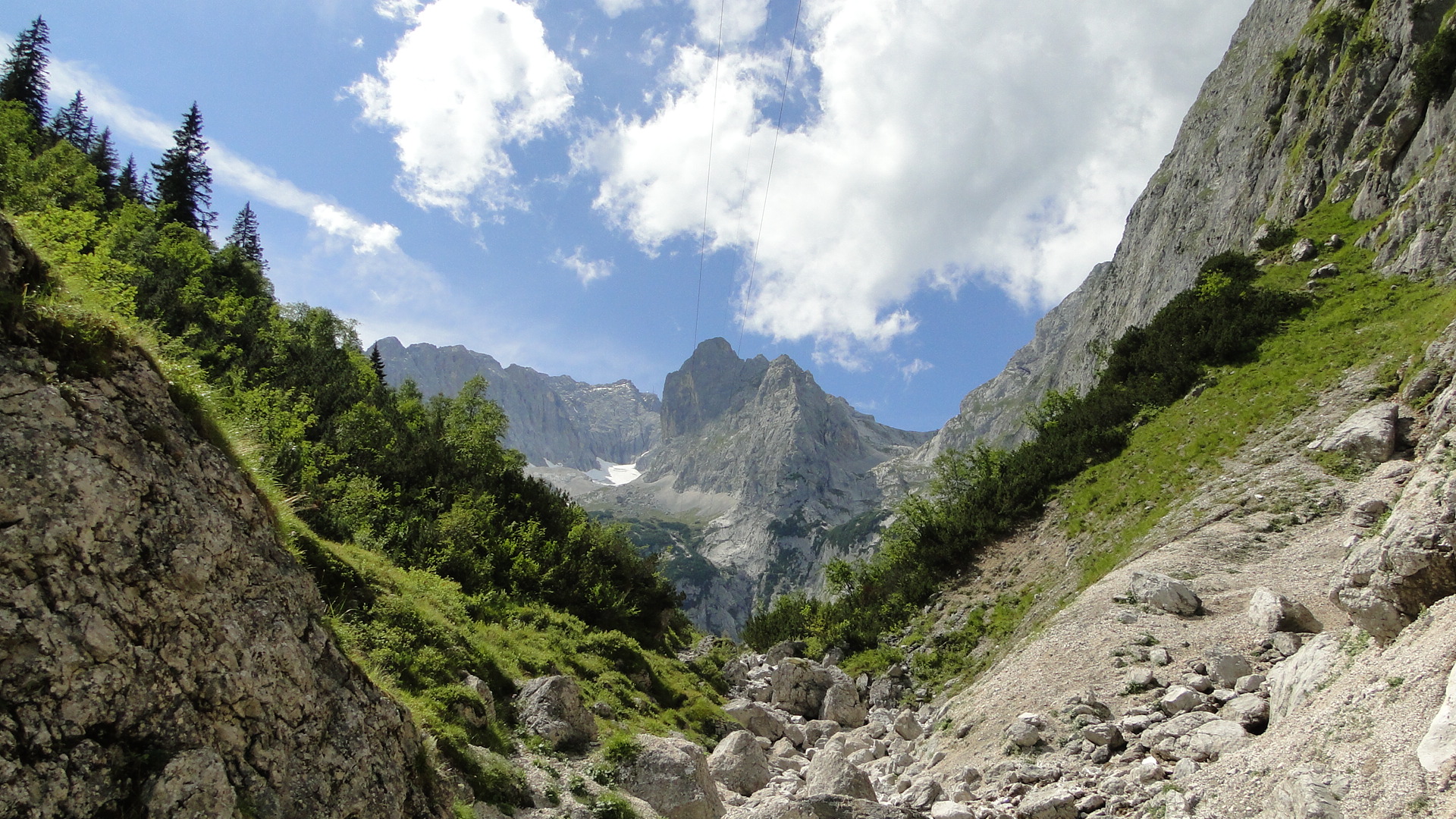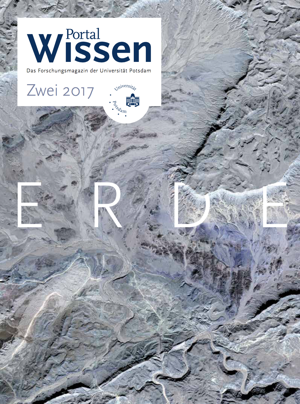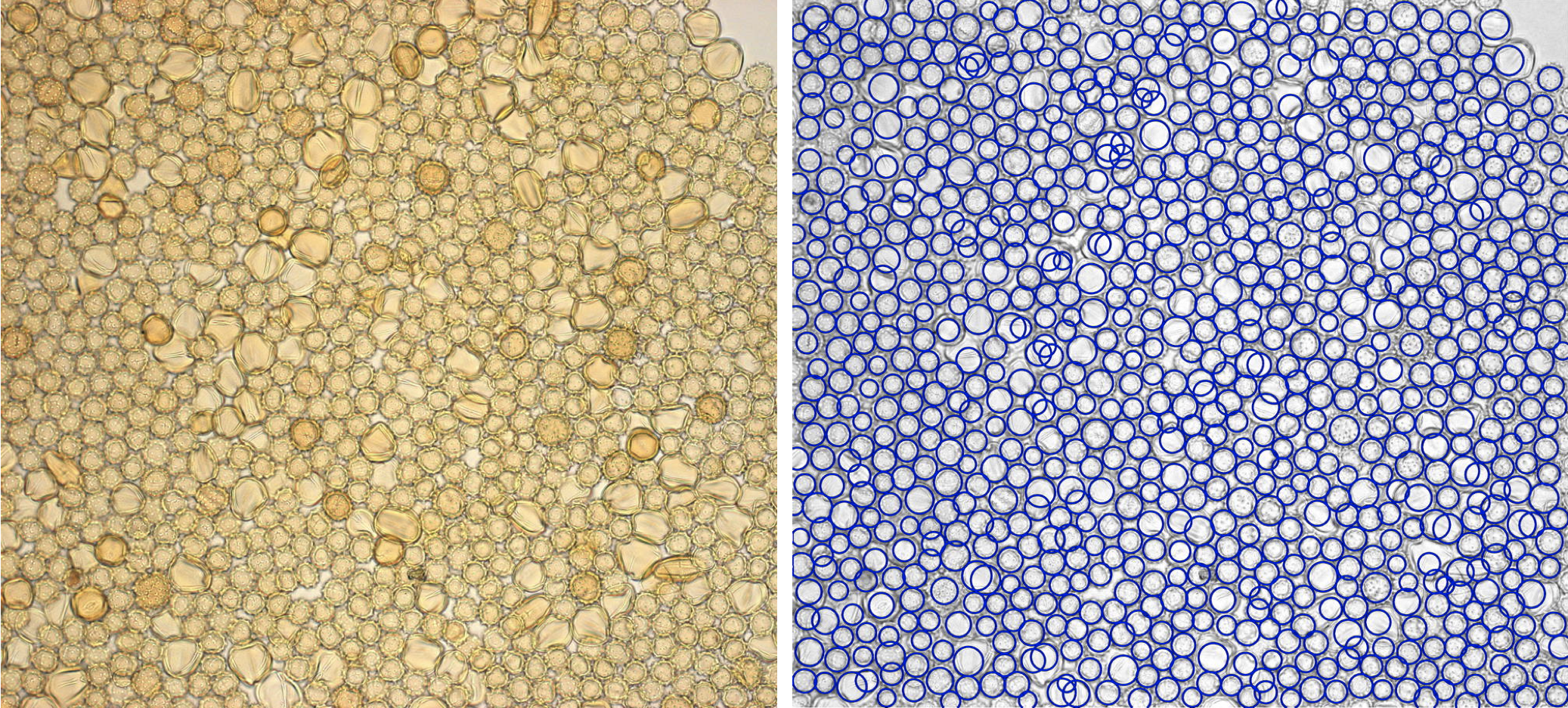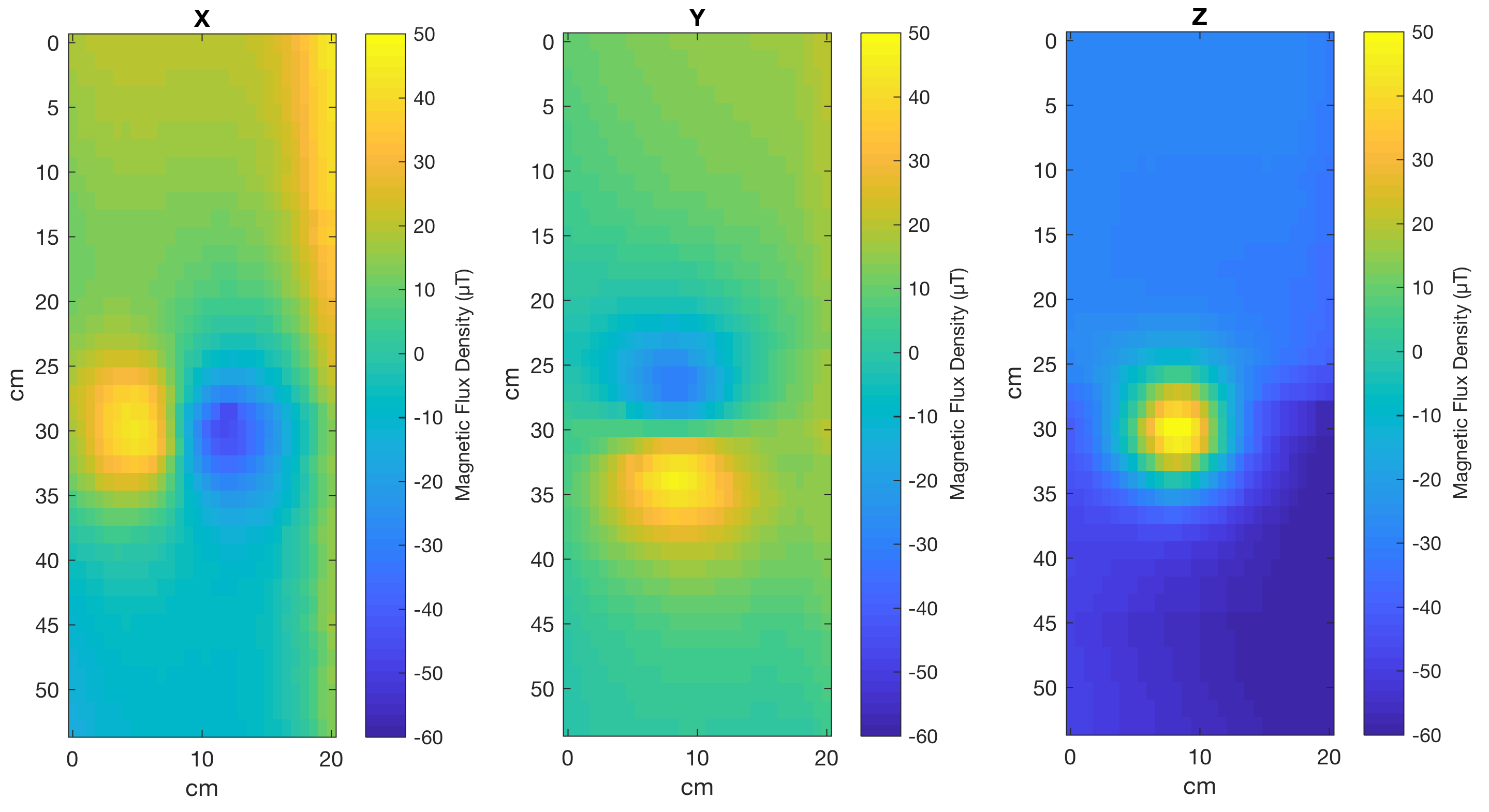The VolkswagenFoundation funds a series of two summer schools entitled “Earth Surface Dynamics – Understanding Processes at the Earth’s Vulnerable Skin”. Here are some details about the content of the summer school.
Continue reading “Summer School 2018 on Earth Surface Dynamics, Part 3”
